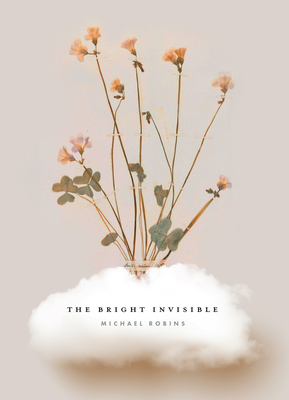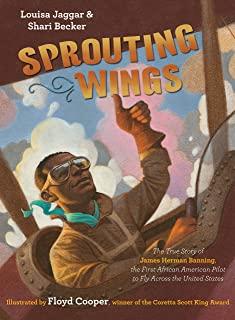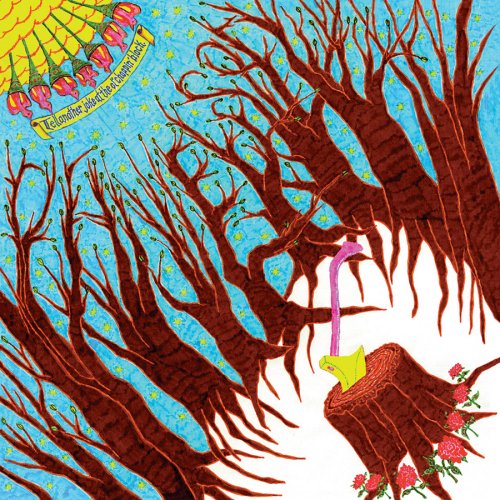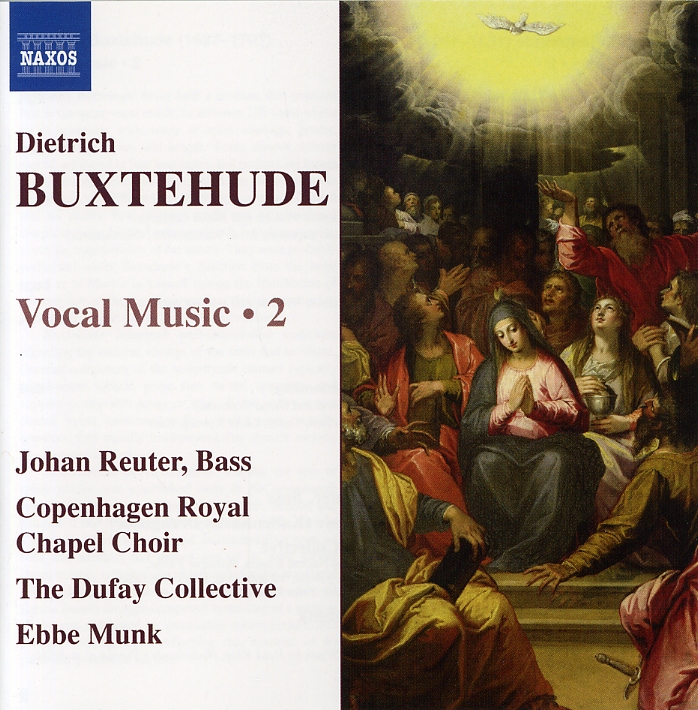
description
ection from Michael Robins, investigates domesticity and desire, reenactment and reclamation, as well as the promise of love alongside the certainty of absence. "Sometimes the sun," Robins writes, "elbows the ordinary, archival cloud" and sometimes we "close our eyes / & describe for each other what colors appear." These poems are imbued with the "soft collisions" of our dazzling existence, and they offer the possibility for even the darkest season to guide us once more into spring.
member goods
No member items were found under this heading.
Return Policy
All sales are final
Shipping
No special shipping considerations available.
Shipping fees determined at checkout.







